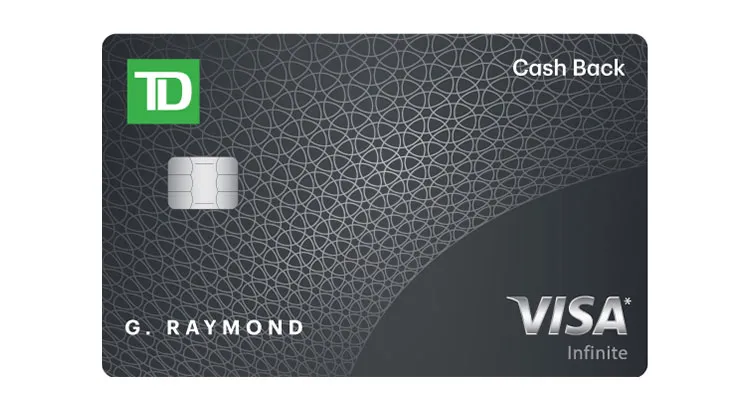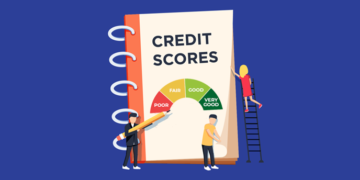Understanding the Credit Bureau of Canada: A Comprehensive Overview

In Canada, as in many other countries, the financial system relies heavily on credit.
Whether it’s securing a mortgage for a new home, financing a car, or even applying for a credit card, individuals often need to demonstrate their creditworthiness.
This is where the Credit Bureau of Canada comes into play. In this article, we’ll delve into what the Credit Bureau of Canada is, how it operates, its importance in the Canadian financial landscape, and how individuals can navigate their credit reports.
Introduction to the Credit Bureau of Canada
The Credit Bureau of Canada, also known as Equifax or TransUnion, is an agency that collects and maintains financial information on individuals residing in Canada.
Its primary function is to compile credit reports and credit scores based on the financial behavior of consumers.
These reports are then used by lenders, landlords, employers, and other entities to assess an individual’s creditworthiness and make informed decisions regarding loans, leases, or employment.
How Does the Credit Bureau of Canada Work?
The Credit Bureau of Canada gathers information from various sources, including banks, credit card companies, collection agencies, and public records.
This information typically includes details on credit accounts, such as credit card balances, loan amounts, payment history, and any outstanding debts.
Additionally, it may contain personal information such as addresses, social insurance numbers, and employment history.
Once the data is collected, the Credit Bureau of Canada analyzes it to generate credit reports and credit scores for each individual.
Credit reports provide a detailed overview of a person’s credit history, while credit scores condense this information into a numerical value, typically ranging from 300 to 900.
A higher credit score indicates lower credit risk, making it easier for individuals to obtain credit at favorable terms.
→ SEE ALSO: Essential Finance Tips for Entrepreneurs
Importance of the Credit Bureau of Canada
The Credit Bureau of Canada plays a crucial role in the country’s financial system for several reasons:
- Risk Assessment: Lenders use credit reports and scores to evaluate the risk associated with extending credit to a particular individual. A strong credit history and high credit score indicate responsible financial behavior, reducing the lender’s risk of default.
- Access to Credit: For consumers, a positive credit history opens doors to various financial opportunities, including loans, credit cards, and mortgages. Without a favorable credit report, individuals may struggle to secure credit or may be subject to higher interest rates and less favorable terms.
- Financial Stability: By promoting responsible borrowing and lending practices, the Credit Bureau of Canada contributes to the overall stability of the financial system. It helps prevent excessive debt accumulation and encourages prudent financial management among consumers and businesses.
- Identity Verification: Credit reports also serve as a tool for verifying individuals’ identities, especially in situations such as applying for a job or renting a property. By cross-referencing personal information and financial history, employers and landlords can verify the authenticity of applicants’ credentials.
Navigating Your Credit Report
Understanding your credit report is essential for managing your financial health. Here are some key steps to navigate your credit report effectively:
- Obtain a Copy: You are entitled to request a free copy of your credit report from both Equifax and TransUnion once a year. Reviewing your credit report regularly allows you to identify any errors or discrepancies that may negatively impact your credit score.
- Check for Accuracy: Carefully review all the information on your credit report, including personal details, account balances, and payment history. Report any inaccuracies to the Credit Bureau of Canada to have them corrected promptly.
- Monitor Your Score: Keep track of your credit score and understand the factors that influence it, such as payment history, credit utilization, and length of credit history. By maintaining good financial habits, you can improve your credit score over time.
- Address Negative Items: If you have any negative information on your credit report, such as late payments or accounts in collections, take steps to address them. This may involve paying off debts, negotiating with creditors, or seeking assistance from credit counseling services.
- Build Positive Credit: To build or rebuild your credit, focus on making timely payments, keeping credit card balances low, and diversifying your credit mix. Demonstrating responsible financial behavior will gradually improve your creditworthiness and increase your chances of obtaining credit in the future.
Conclusion
The Credit Bureau of Canada plays a vital role in the country’s financial ecosystem by providing lenders, employers, and individuals with valuable insights into creditworthiness and financial stability.
By understanding how the Credit Bureau operates and effectively managing your credit report, you can take control of your financial future and access the credit you need to achieve your goals.
Remember, responsible borrowing and prudent financial management are the keys to long-term financial success.
→ SEE ALSO: Smart Money Moves: How to Save Money Wisely

Linda Carter is a writer and financial consultant specializing in economics, personal finance, and investment strategies. With years of experience helping individuals and businesses make complex financial decisions, Linda provides practical analyses and guidance on the World Information Now platform. Her goal is to empower readers with the knowledge needed to achieve financial success.






